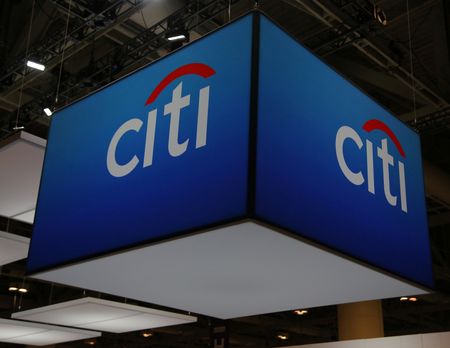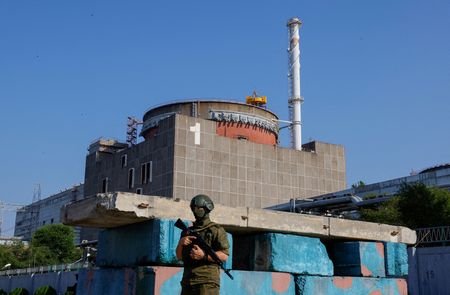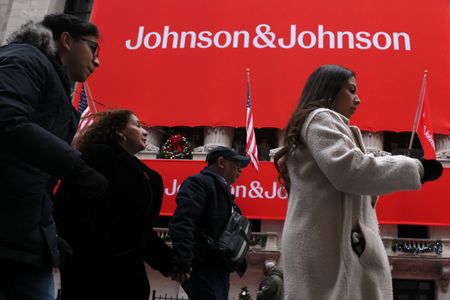By Tatiana Bautzer and Pritam Biswas
(Reuters) -Citigroup beat estimates for third-quarter profit, which rose as all of its divisions brought in record revenue, despite booking a loss from selling a stake in its Mexico unit.
Citigroup CEO Jane Fraser said the earnings reflected the bank’s restructuring in recent years and a positive economic environment, underpinned by U.S. consumer spending.
“America’s economic engine is indeed still humming,” she said.
Citi, like its competitors, benefited from rebounding capital markets. Megadeals increased despite uncertainty over the impact of U.S. President Donald Trump’s tariff policies. Citi’s banking division registered the highest revenue growth among its units, up 34% from a year earlier.
EARNINGS BEAT EXPECTATIONS
The surging profits came despite Citi booking a $726 million loss from the sale of a 25% stake in its Mexican subsidiary Banamex.
Adjusted earnings per share excluding this loss were $2.24 per share against the $1.90 consensus from analysts, according to LSEG. Shares soared 4.1% in early afternoon trading.
Citi’s shares have gained 42% in 2025, surpassing increases of 26% for JPMorgan and 20% for Wells Fargo. While Citi is recovering lost ground, it still has the lowest share price among its largest peers compared to its book value.
The bank will hold an investor day on May 7, four years after Fraser presented her plan to improve profitability.
Citi’s return on tangible common equity stood at 8.6%. The measure of how well the bank uses capital to generate profit, known as ROTCE, was below its 10% to 11% target for 2026. Excluding the Mexico loss, the ROTCE was 9.7%.
The third largest U.S. lender expects its capital requirements to fall next year, after the Basel III endgame and other regulatory revisions are completed, said Fraser and Chief Financial Officer Mark Mason. Changes to U.S. capital rules will be known by investor day, they added.
The bank is closer to reaching targets to improve its risk and control models required by regulatory punishments from 2020 known as consent orders, Fraser said. Work on regulatory data will take longer, and Citi plans to use its new artificial intelligence tools to accelerate improvement of the risk and control models, she added.
The company is automating many preventative controls, including some that review large and anomalous payments throughout 85 countries that cover $1.3 trillion in payments daily, Fraser said.
Citi’s markets revenue rose 15% to $5.6 billion in the quarter, with strong performance in equities and fixed income. A rate cut in September and hopes of further easing this year could help banks by spurring economic activity and demand from borrowers.
High stock valuations could mean some sectors are “frothy and overvalued,” Mason said.
CITI PLANNING BANAMEX LISTING
Delinquent corporate loans more than doubled in the quarter compared to a year earlier, to $2.1 billion, and the bank said they were related to two specific corporations that were downgraded. Mason said Citigroup was not exposed to recent bankruptcies of auto parts supplier First Brands nor auto finance company Tricolor.
Citi announced last month it would sell a 25% stake in its retail unit Banamex to Mexican billionaire Fernando Chico Pardo, chairman of airport operator ASUR, for around $2.3 billion. The bank may list the remaining business in Mexico and the U.S. and rejected last week an unsolicited offer by Mexican mining and transport conglomerate Grupo Mexico.
Fraser said the deal with Pardo has a “high degree of certainty,” citing support from the Mexican government, and said the partnership could boost the valuation for the IPO.
(Reporting by Tatiana Bautzer in New York and Pritam Biswas in Bengaluru, editing by Lananh Nguyen, Shinjini Ganguli, Bernadette Baum, Rod Nickel)










